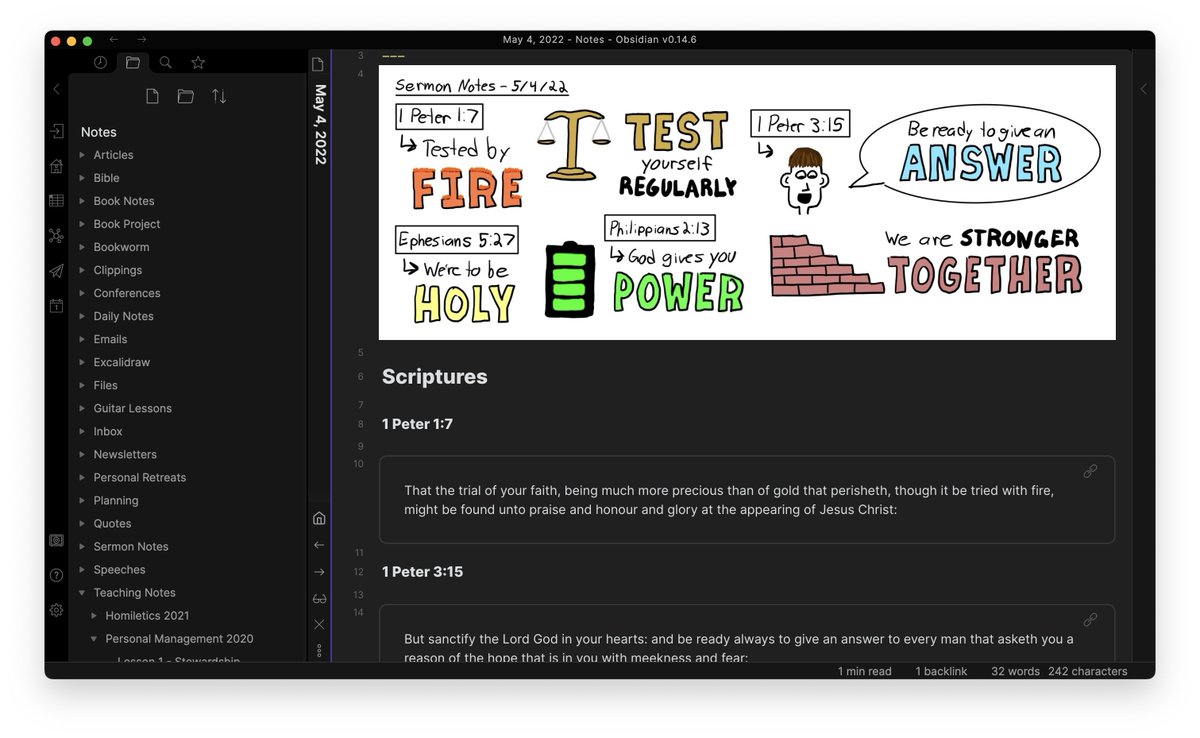
Earlier this year, I went through #ship30 as a bit of a skeptic. But after writing and publishing for 30 days in a row, I'm a believer (even joined the Captain's Table mastermind it was so good).
A quick thread about my biggest takeaways I got from this phenomenal course:
🧵👇🏼
A quick thread about my biggest takeaways I got from this phenomenal course:
🧵👇🏼
#1: There's no reason to ever run out of ideas.
In the course, @dickiebush & @Nicolascole77 walk through their Endless Idea Generator to help you:
• Choose your topic
• Choose your credibility
• Choose your path/proven approach
Sounds simple, but incredibly powerful.
🧵/2
In the course, @dickiebush & @Nicolascole77 walk through their Endless Idea Generator to help you:
• Choose your topic
• Choose your credibility
• Choose your path/proven approach
Sounds simple, but incredibly powerful.
🧵/2
@dickiebush @Nicolascole77 #2: Become known for a niche that you own.
I'll probably never be "the productivity guy." That's ok. I'll be the guy who talks about the intersection of productivity, faith, & technology.
If you don't think you have credibility, you haven't niched down far enough.
🧵/3
I'll probably never be "the productivity guy." That's ok. I'll be the guy who talks about the intersection of productivity, faith, & technology.
If you don't think you have credibility, you haven't niched down far enough.
🧵/3
@dickiebush @Nicolascole77 #3: You're an expert to someone.
You don't have to know everything to be qualified to write about it. Create for you from 2 years ago. What do you know now that you wish you would have known then?
🧵/4
You don't have to know everything to be qualified to write about it. Create for you from 2 years ago. What do you know now that you wish you would have known then?
🧵/4
@dickiebush @Nicolascole77 #4: Be clear, not clever.
Digital writing isn't about weaving together beautiful words. It's about making something useful that helps your readers achieve a result they want.
🧵/5
Digital writing isn't about weaving together beautiful words. It's about making something useful that helps your readers achieve a result they want.
🧵/5
@dickiebush @Nicolascole77 Can't recommend @ship30for30 enough. Easily one of the best personal investments I've made in my lifetime.
If you want to invest in yourself and master the art of digital writing, join me in the August cohort: enroll.ship30for30.com/august-2022-en…
🧵/END
If you want to invest in yourself and master the art of digital writing, join me in the August cohort: enroll.ship30for30.com/august-2022-en…
🧵/END
• • •
Missing some Tweet in this thread? You can try to
force a refresh





